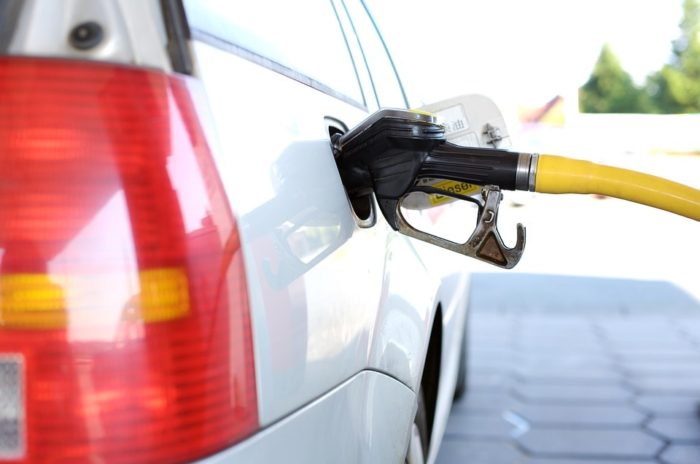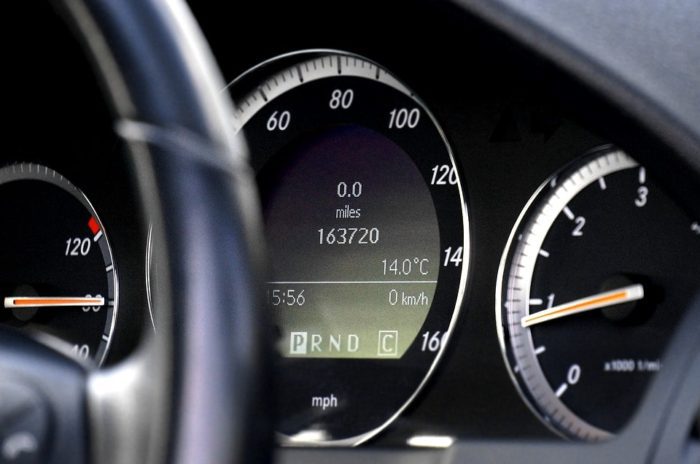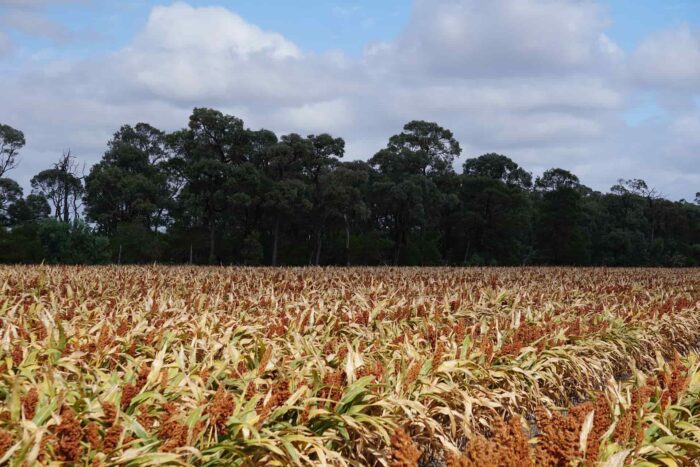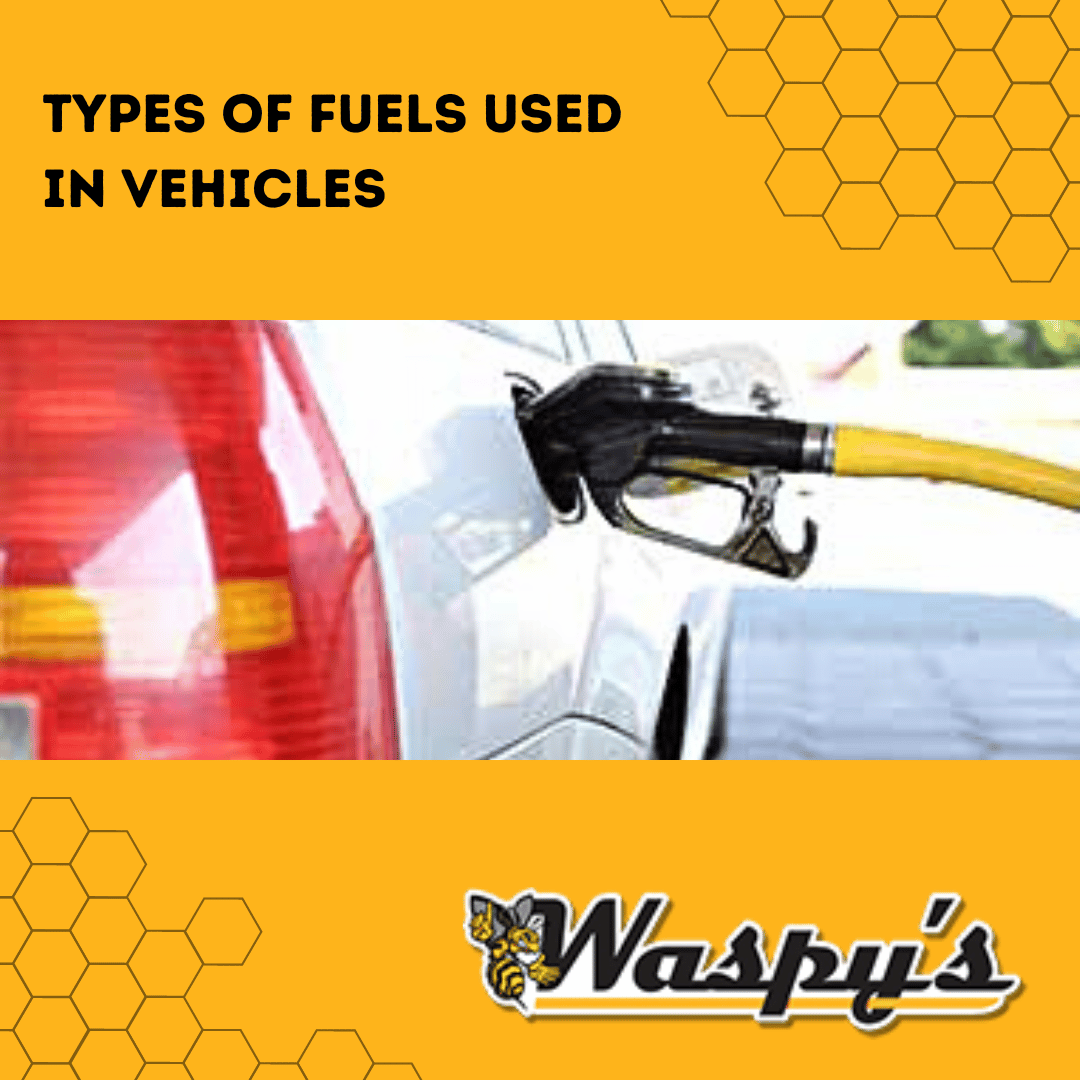Educating ourselves on the types of fuels for our vehicles is essential in understanding how they run. Let’s take a look at the different types of fuels.
Gasoline
 Gasoline is one of the most common types of fuels used for automobiles today. This petroleum-based fuel is refined for four- to six-cylinder engines, found in most of today’s standard cars. Gasoline provides many advantages in running a car or other vehicle.
Gasoline is one of the most common types of fuels used for automobiles today. This petroleum-based fuel is refined for four- to six-cylinder engines, found in most of today’s standard cars. Gasoline provides many advantages in running a car or other vehicle.
Advantages of Gasoline
- Quick Starting – Because it is highly combustible, vehicles powered by gasoline usually start up quicker than other vehicles.
- Fast Acceleration – Gasoline accelerates much better than other fuels.
- Quiet Combustion and Operation – While the exhaust contributes to the atmosphere’s hydrocarbons, it is highly favored for its quiet combustion and operation, particularly desired in passenger vehicles.
- Powerful Energy Source – Vehicles that run on gasoline or diesel can be run 24/7, without recharging, and can travel longer and run faster than other energy sources.
Disadvantages of Gasoline
- Carbon Pollution – The primary problem with gasoline is that the hydrocarbons in gasoline produce carbon dioxide. This is known to contribute to pollution and global warming.
- Price Fluctuation – Because the price of gasoline is determined by supply and demand and fluctuations in oil prices, there are frequent and sometimes wide variations in price. Waspy’s Truck Stop contacts its suppliers daily and has a large tank capacity so that we can provide the lowest possible price of gasoline.
Diesel
Diesel fuel is widely used in the transport of tractor-trailer trucks and buses. Some advantages of diesel include:
- Less Pollution – Although diesel fuel is non-renewable, the exhaust contains less carbon dioxide and nitrous oxide, contributing to smog and environmental pollution.
- Higher Efficiency – Diesel fuel vehicles operate at 30% higher efficiency than gas-powered vehicles.
- Longer Vehicle Life – Because diesel vehicles operate much cleaner, they usually last longer than gasoline vehicles.
Off-Road Diesel
Off-road diesel is used to power equipment and vehicles that do not operate on U.S. highways and roads. It is used for the following purposes:
- Agriculture – Farmers use it to operate tractors, harvesters, and plows in their fields.
- Construction – Construction companies use it to operate their off-road diesel equipment, such as backhoes, bulldozers, cranes, and forklifts.
- Transportation – Off-road diesel is often used for marine vessels, some aircraft, and carnival rides.
- Residential – Sometimes, off-road diesel is pumped into heating oil tanks and used to heat homes with an oil furnace.
Propane
 Propane is also known as liquefied petroleum. While it is used in some hybrid cars in Great Britain, it is only used in gas-engine converted vehicles in the U.S. Some propane benefits:
Propane is also known as liquefied petroleum. While it is used in some hybrid cars in Great Britain, it is only used in gas-engine converted vehicles in the U.S. Some propane benefits:
- Less Pollution – Propane produces fewer toxic chemicals than gasoline and diesel, producing less smog and pollution.
- Cheaper than Gasoline – Usually, propane is less expensive than diesel or gasoline.
Compressed Natural Gas
Either a gas or diesel engine can be converted to run on compressed natural gas or CNG. It can run a combustion engine in liquid or gas form. Here are some pros and cons:
- Non-Corrosive – CNG is a clear, odorless, and non-corrosive gas and causes less wear on a combustion engine.
- Decreased Pollution – Vehicles running on a CNG system produce 80% fewer carbon emissions than those that burn gasoline.
- Select Availability – Places to obtain CNG are very limited in the U.S. and are located primarily in California.
Ethanol
 Ethanol is a bio-fuel alternative to gasoline. It is made by converting sugar cane, corn, barley, and other natural products into fuel. While some cars can run on 100% ethanol, most use an additive. Some states require at least 10% ethanol in gasoline (E10) to cut down gasoline carbon dioxide emissions. Ethanol is available in a wide number of concentrations. The higher the ethanol concentration in fuel, the lower the carbon emissions.
Ethanol is a bio-fuel alternative to gasoline. It is made by converting sugar cane, corn, barley, and other natural products into fuel. While some cars can run on 100% ethanol, most use an additive. Some states require at least 10% ethanol in gasoline (E10) to cut down gasoline carbon dioxide emissions. Ethanol is available in a wide number of concentrations. The higher the ethanol concentration in fuel, the lower the carbon emissions.
Bio-diesel
Bio-diesel is a substitute for diesel fuel, often made from sugar beet, rapeseed, or palm oil. Here are some advantages of using bio-diesel:
- Decreases emissions – Bio-diesel burns much cleaner and emits less carbon dioxide than diesel.
- Sustainability – Some people have made biodiesel by recycling leftover oil from deep fryers in restaurants.
One disadvantage of bio-diesel is that some scientists fear that growing crops for bio-fuels will lead to deforestation. This increases the likelihood of forests being cut down and may compete with water and other natural resources for growing food.
Kerosene
Kerosene is a combustible hydrocarbon liquid used as fuel in older lamps and heating units. The C12 to C15 range of hydrocarbons is created when crude oil is refined. It is often dyed blue to differentiate it from water. Although it cannot be mixed with water, it can be blended with petroleum solvents.
Waspy’s Offers a Wide Variety of Fuels
Waspy’s offers one of the widest selections of fuels in the state of Iowa. Educating ourselves on the types of fuels for our vehicles is essential in understanding how they run. The fuels include diesel, off-road diesel, DEF, regular and premium unleaded gasoline, E-10, E-15, E-25, E-85 flex fuels, bio-fuel, and kerosene. In addition, we sell Diesel Exhaust Fluid (DEF), which is 32.5% urea and 67.5% deionized water and decomposes and breaks down nitrous oxide (NOx) emissions into nitrogen and water.
For more information about Waspy’s Truck Stop and our complete line of fuels, contact us today!
Categorized in: Audubon Iowa Location, Templeton Iowa Location, The Latest Buzz
This post was written by Waspy's Truck Stop

